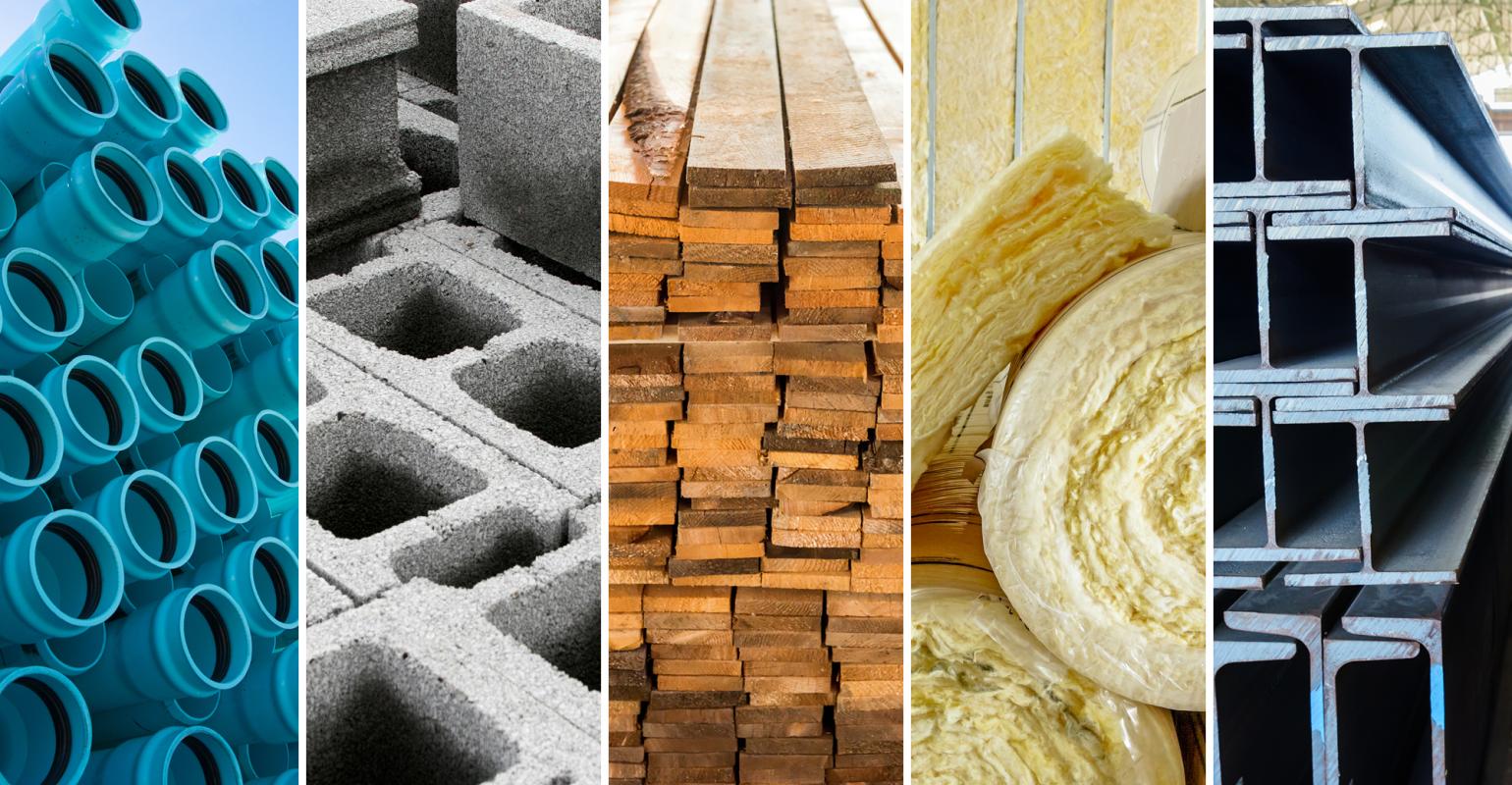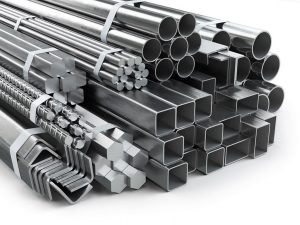
When it comes to building structures, selecting the right metal is crucial for ensuring durability, strength, and longevity. With a wide range of options available, it can be challenging to determine which metal is best suited for a particular project. In this blog post, we will explore various metals commonly used in construction and analyze their properties, advantages, and applications. By the end, you will have a comprehensive understanding of the factors to consider when choosing the optimal metal for your construction needs.
- Steel: The Versatile Champion
Steel is undoubtedly the most widely used metal in the construction industry. Its exceptional strength, durability, and versatility make it a top choice for various applications. From high-rise buildings to bridges and infrastructure, steel offers excellent structural integrity and can withstand extreme weather conditions. Additionally, its recyclability and cost-effectiveness further contribute to its popularity. - Aluminum: Lightweight and Corrosion-Resistant
Aluminum is renowned for its lightweight nature, making it ideal for applications where weight reduction is crucial. Despite its lower strength compared to steel, aluminum exhibits excellent corrosion resistance, making it suitable for coastal and marine environments. Its malleability and aesthetic appeal also make it a preferred choice for architectural designs and façades. - Titanium: Unmatched Strength-to-Weight Ratio
When it comes to projects that demand the highest strength-to-weight ratio, titanium shines. This exceptional metal offers superior strength, corrosion resistance, and heat resistance. Although its high cost limits its widespread use, titanium finds its place in aerospace, military, and specialized industrial applications where its unique properties are indispensable. - Copper: The Reliable Conductor
Copper's excellent electrical and thermal conductivity make it an essential metal in the construction industry. It is commonly used in electrical wiring, plumbing systems, and HVAC (heating, ventilation, and air conditioning) applications. Copper's antimicrobial properties also contribute to its usage in hospitals and healthcare facilities, where hygiene is of utmost importance. - Zinc: Protecting Structures from Corrosion
While zinc is primarily known for its role in galvanizing steel to prevent corrosion, it also finds direct application in construction. Zinc roofing and cladding systems offer exceptional durability and weather resistance. Moreover, zinc alloys, such as zinc-aluminum, provide enhanced strength and formability, making them suitable for architectural detailing and decorative elements.
Conclusion:
Choosing the best metal for construction requires careful consideration of various factors, including strength, durability, weight, corrosion resistance, and cost. Steel, aluminum, titanium, copper, and zinc are just a few examples of metals commonly used in the industry, each with its unique properties and applications. By understanding the characteristics of these metals, you can make informed decisions that ensure the success and longevity of your construction projects.


